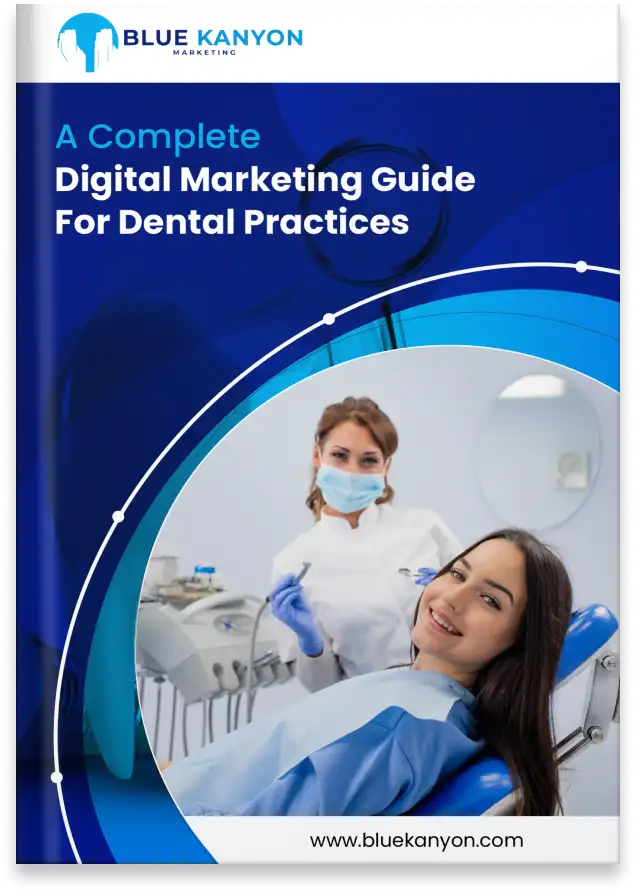
Fractional CMO Vs Full-Time CMO: Finding The Best Fit For Your Business
It can be said that the success of your company often hinges on the strength of your marketing leadership. As organizations strive to stay competitive, the choice between hiring a fractional Chief Marketing Officer (CMO) and a full-time CMO has become a critical decision.
In most cases, fractional marketing, a growing trend, allows businesses to access experienced marketing professionals on a part-time or project-based basis, providing valuable expertise and flexibility. To determine the best fit for your business, it is crucial to understand the benefits and considerations of each approach.
What are Fractional (CMO) Chief Marketing Officer?
They are seasoned marketing professionals who provide part-time, as per need marketing leadership and strategy for businesses. Fractional CMOs bring a wealth of expertise and cross-industry knowledge to the table and they can be a valuable asset for companies that require specialized marketing guidance but may not have the resources or needs for a full-time CMO. Fractional CMO’s could be independent business growth consultants or an employee of a fractional marketing agency.
Learn More About:- What is a Marketing Coach? – Roles, Benefits, and Selection Criteria.
What are Full-Time Fractional Chief Marketing Officer?
In contrast to a fractional CMO, full-time CMOs are dedicated, in-house marketing executives who are responsible for overseeing all aspects of a company’s marketing efforts. They take over the day-to-day marketing responsibilities in a company which include developing and implementing the overall marketing strategy, managing teams, and driving business growth marketing through effective marketing initiatives and campaigns.
Learn More About:- How do Fractional CMOs Transform Marketing in the Digital Age?
Differences between Fractional CMO and Full-Time Fractional CMOs
# Experience and Expertise
Since fractional CMOs often work in different companies on a part-time basis, they tend to have diverse backgrounds across various industries. This breadth of experience can provide a more well-rounded perspective and access to industry best practices. Full-time CMOs, on the other hand, may have deeper industry-specific knowledge and a more intimate understanding of the company’s unique challenges and opportunities.
# Time Commitment
# Cost Consideration
Full-time CMOs typically come with higher overhead costs as their salary package should include regular salary, bonuses, and other benefits of fractional CMO. However, hiring a fractional CMO can be more cost-effective than a full-time CMO as you can only pay for the time and services you need.
# Strategic Focus
Full-time CMOs have a broader strategic outlook and their focus includes aligning marketing efforts with the overall business goals and vision. On the other hand, fractional CMOs often have a laser-sharp focus on specific marketing strategies and initiatives as they are brought in to address particular challenges or drive specific projects.
# Flexibility and Scalability
Fractional CMOs can be more flexible and scalable, as their involvement can be adjusted based on the changing needs of your business. Full-time CMOs may be better suited for companies with more stable, long-term social media marketing requirements.
Factors to Consider for Choosing Right Fractional CMO
Business Goals
Your company’s short-term and long-term marketing objectives should be assessed before deciding on whether to hire a fractional CMO or a full-time CMO. Fractional CMOs may be a better fit for businesses with specific, time-bound marketing initiatives, while full-time CMOs can provide a more comprehensive, strategic approach.
Budget Constraints
If your company has budget constraints, then it might be more cost-effective to hire a fractional CMO. Full-time CMOs may be better suited for companies with the resources to support a dedicated marketing executive.
Timeframe and Scope
Full-time CMOs are more involved with the day-to-day marketing operations of a business. If your marketing needs are more wide and ongoing, then hiring a full-time CMO will make business sense. On the other hand, if you have a clear, well-defined marketing project, then a fractional CMO may be the ideal solution.
Team Collaboration
If you require deeper team integration and ownership of marketing strategies, then a full-time CMO should be hired. However, if you require marketing leadership for a particular project, then fraction CMOs can work seamlessly with your existing digital marketing team to provide guidance and expertise.
Industry Expertise
Growth Planning
Learn More About:- Why Website Maintenance is Important for Your Dental Practice?
Conclusion
When it comes to choosing between a fractional CMO or a full-time CMO, there is no one-size-fits-all solution. The decision ultimately depends on your business’s unique needs, goals, and resources. By carefully evaluating the benefits and considerations of each approach, you can make an informed decision that will ultimately support the growth and success of your company. Blue Kanyon can be your guide on navigating marketing strategy with our fractional CMO services.
Contact us today for more information on hiring a fractional CMO from our Health and Wellness Marketing Agency, specializing in Local SEO Marketing, Digital Marketing, PPC, and Fractional Marketing services, guided by the expertise of Blue Kanyon, your trusted marketing coach.
Learn More About:- The Advantages Of Employing A Fractional CMO And Selecting The Right One
Frequently Asked Questions (FAQs)
A Fractional CMO is ideal for businesses needing high-level marketing leadership but lacking the budget for a full-time hire. It’s also a great option if you’re in a transitional phase or need specific expertise for a short-term project.
The key benefits include cost savings, flexibility, access to expert marketing strategy, and the ability to scale up or down as needed.
Costs can vary widely depending on experience and the scope of services. Fractional CMOs may charge hourly, monthly retainer fees, or project-based rates.
Yes, a Fractional CMO can develop and implement long-term marketing strategies, just like a Full-Time CMO. They can work with your team to ensure sustainable growth, even with part-time involvement.
A Fractional CMO often collaborates closely with your existing marketing team, providing leadership and direction without disrupting daily operations. They can also offer training and mentorship to your team.
Digital Marketing Guide for Naturopath Practices
Download this free ebook to learn how to grow your Dental business online.

- Author
- Recent Posts
Bhuwan Sharma
Owner at Blue Kanyon
Bhuwan has over 25 years of experience as a management consultant, senior management, and as an entrepreneur. He is known for his problem-solving skills and ability to launch and grow businesses. He has developed business and marketing strategies and executed them successfully.

